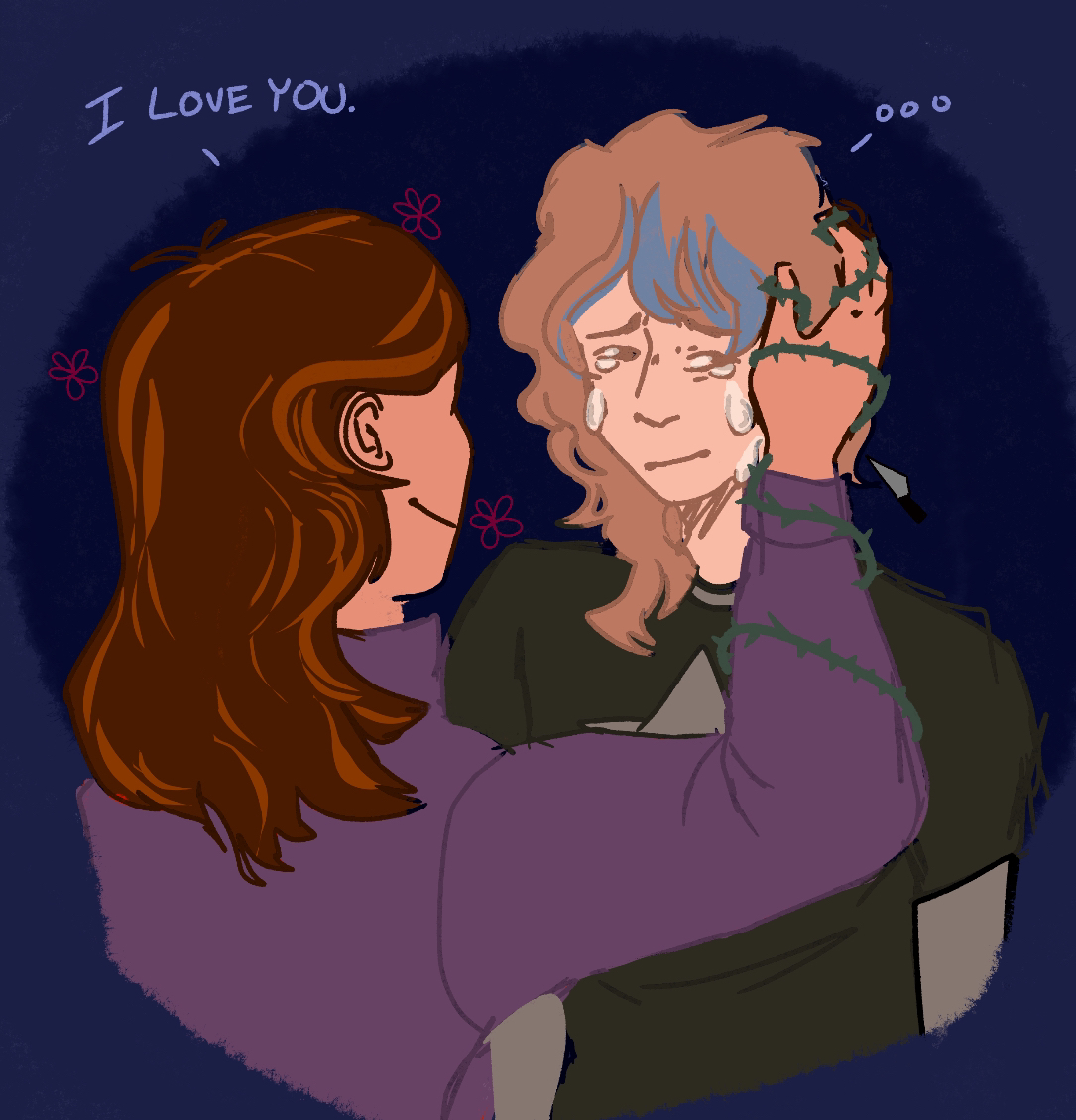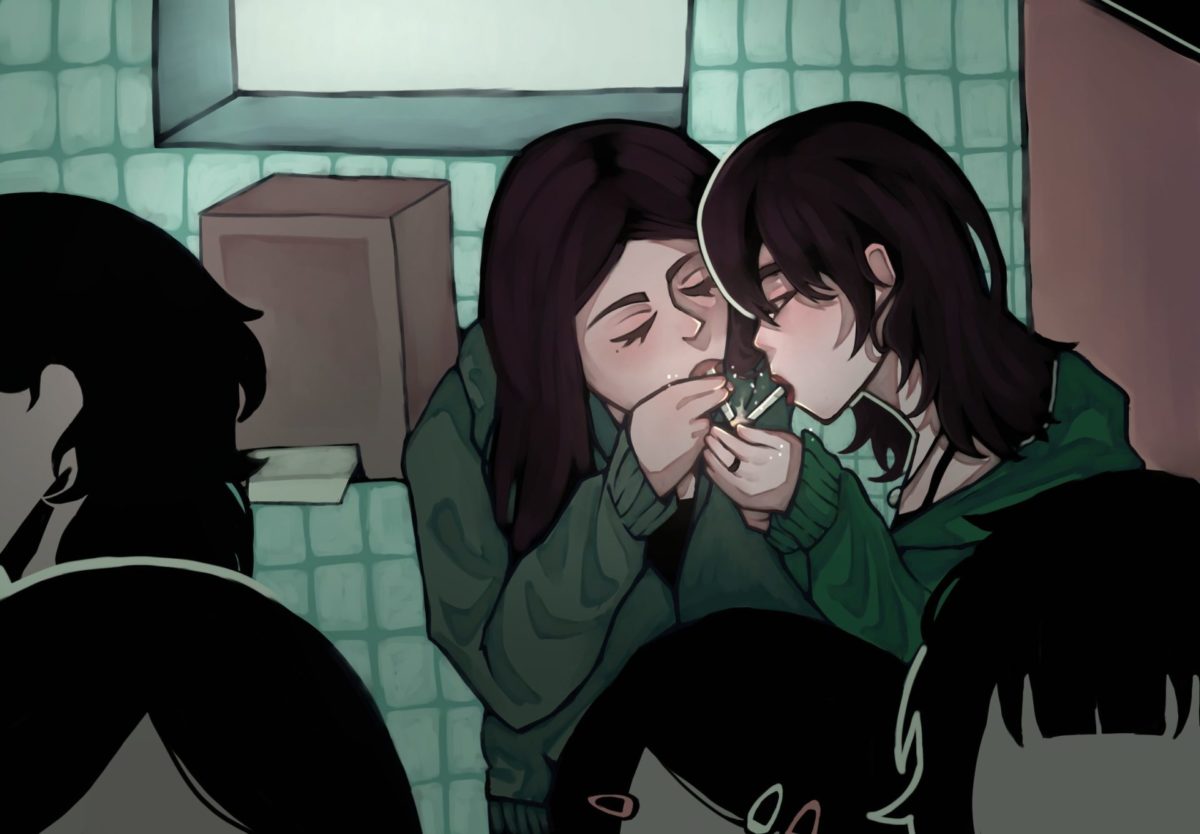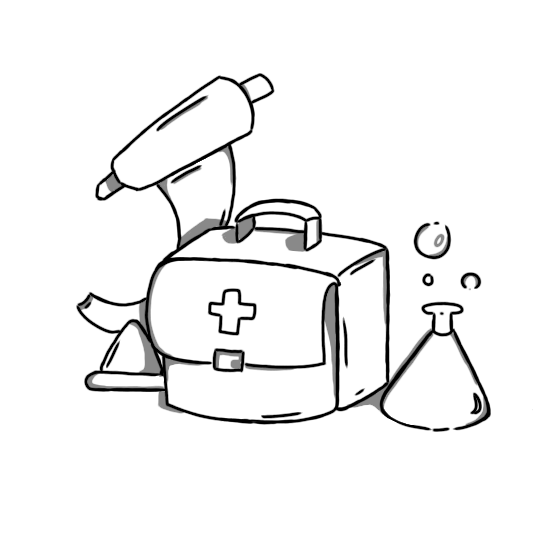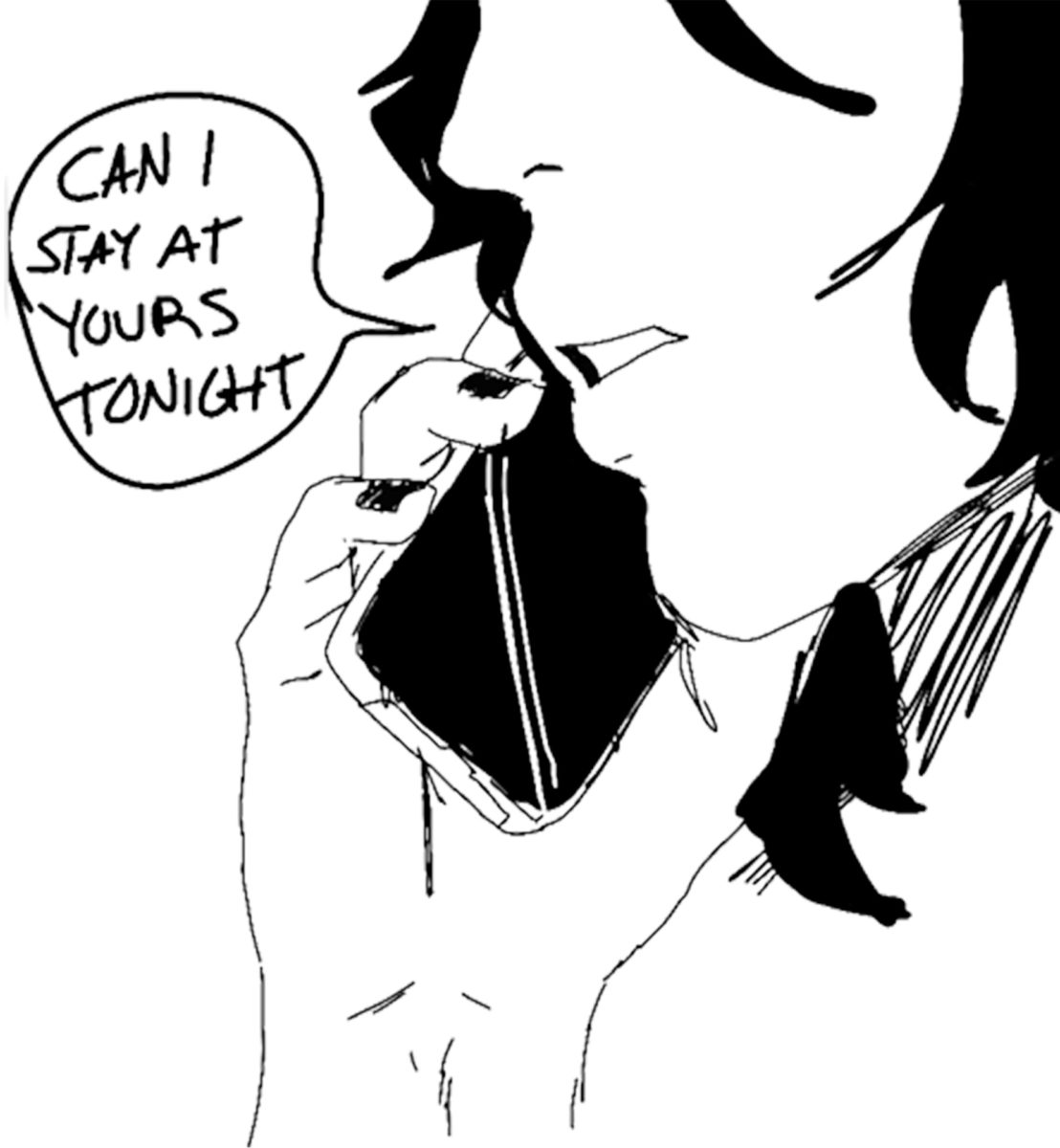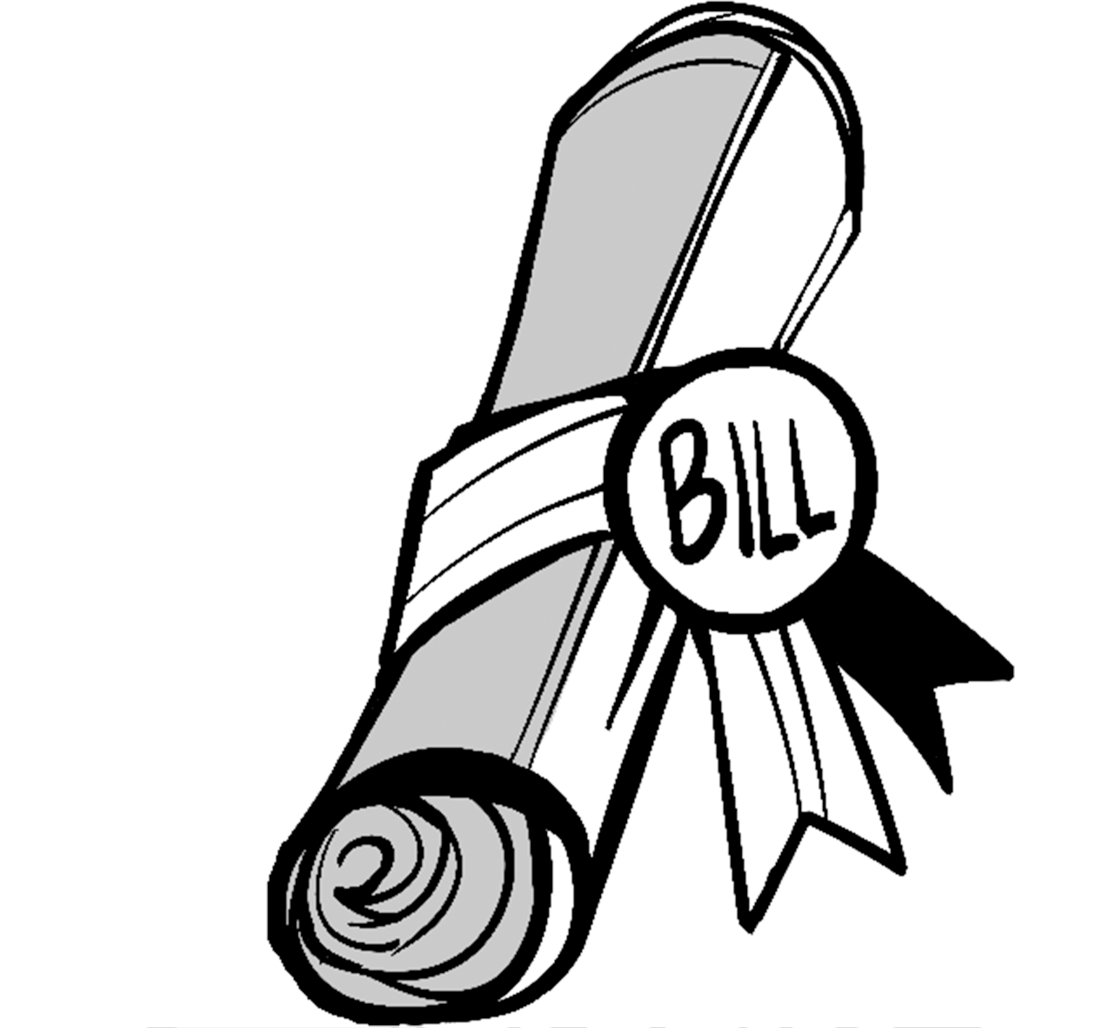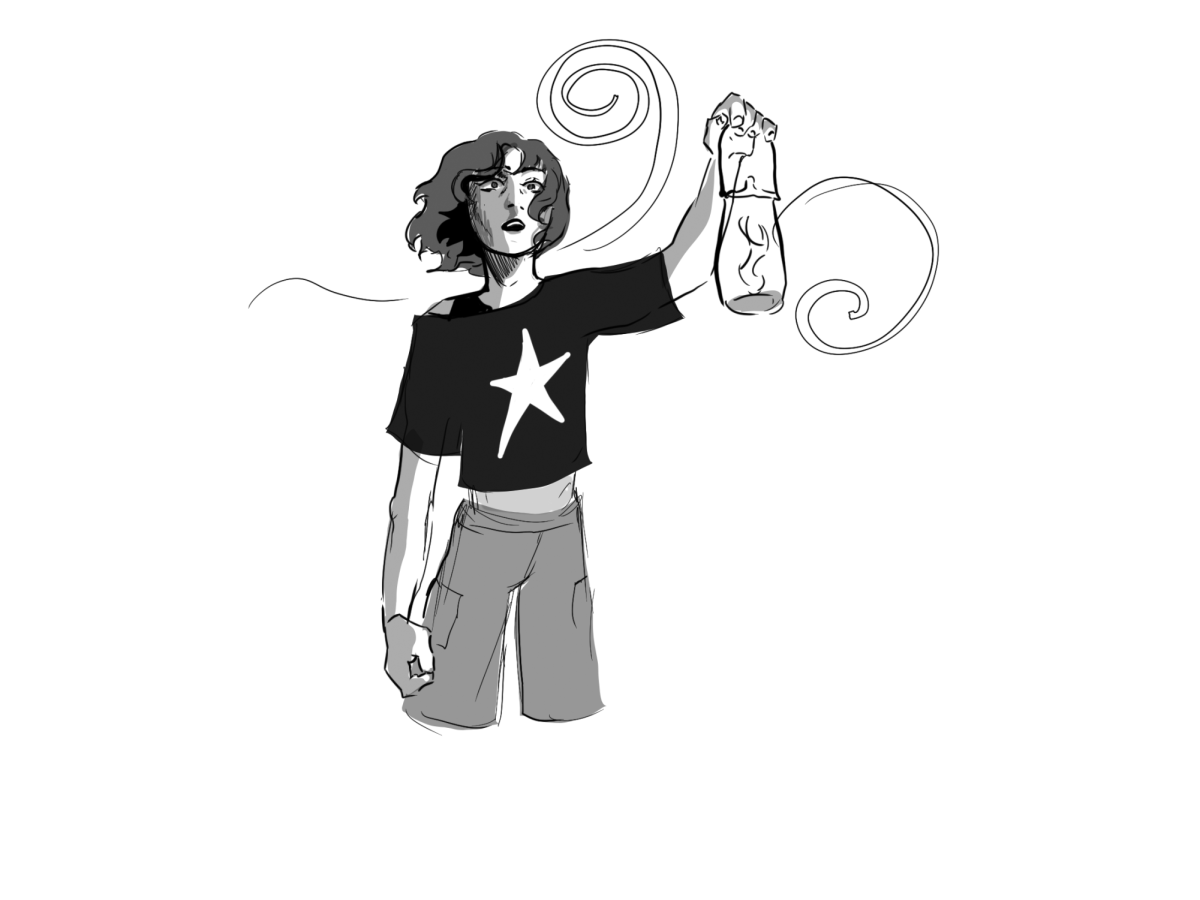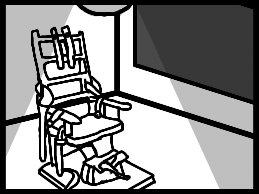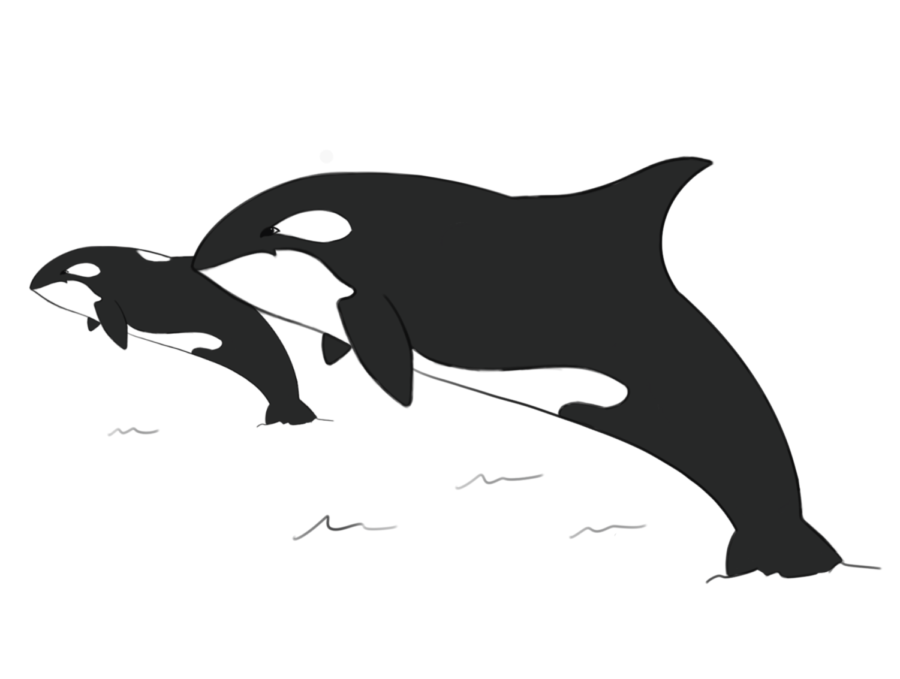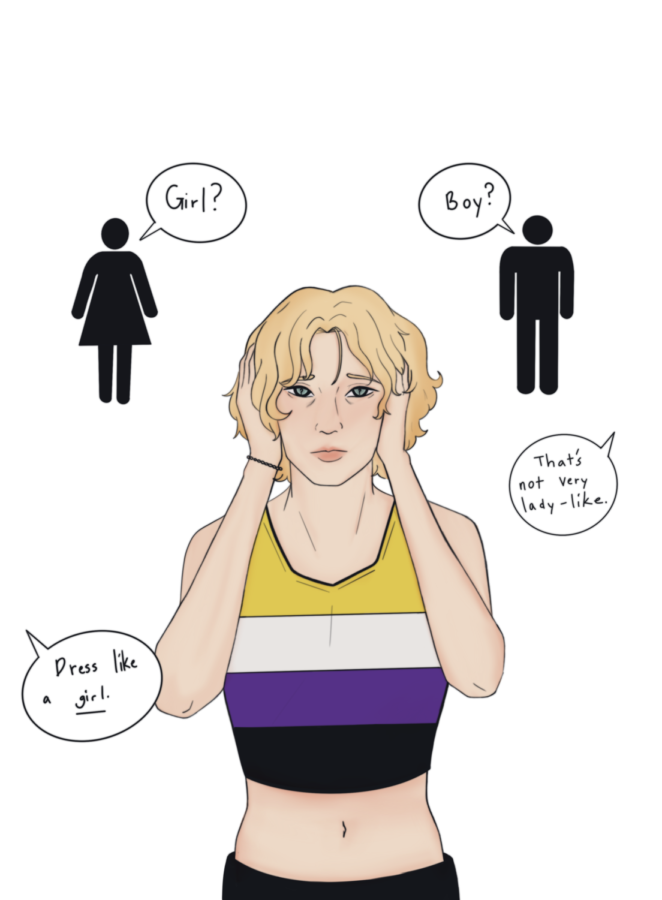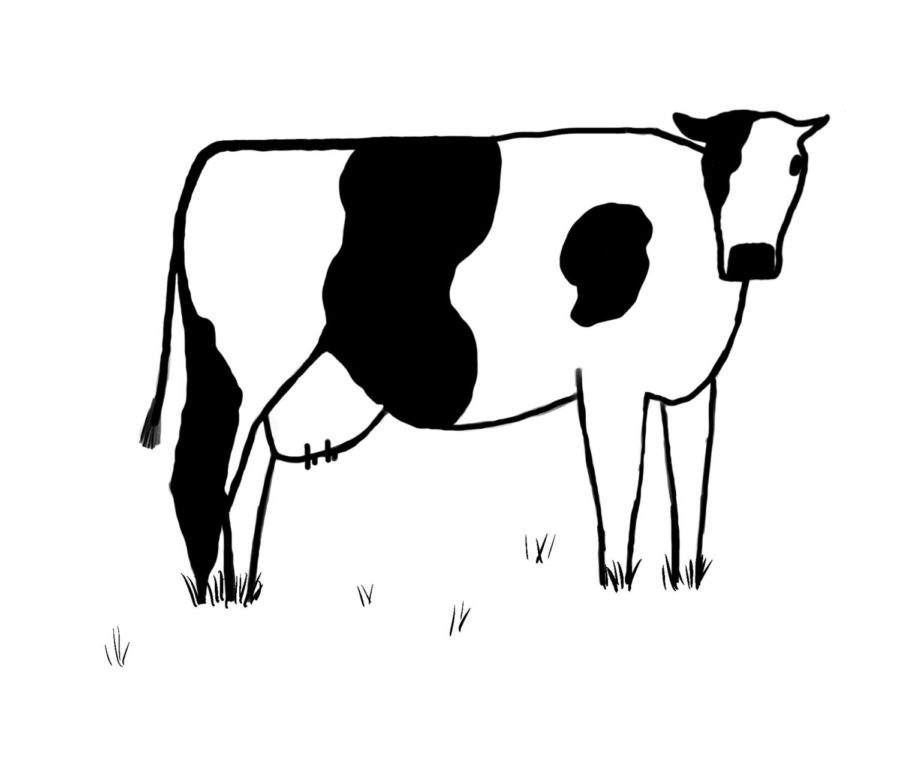Energy drinks are something many people are familiar with, especially among teenagers and adults. Not only do they come in different flavors, but they’re supposed to provide the drinker with a boost of energy through the use of various stimulants and vitamins.
However, alcoholic energy drinks have made their way onto the radar, and not in a good way. Although the concept of alcoholic energy drinks is not new, there has been a lot of news lately concerning the health risks.
Alcoholic drinks in general contain a lot of sugar; the difference between alcoholic drinks and alcoholic energy drinks is that alcoholic energy drinks contain stimulants. For example, a generic can contains about as much caffeine as a 20 ounce cup of Starbucks coffee, as well as additives that accelerate the central nervous system.
Alcoholic energy drinks are mainly targeted toward the younger market – they promise that a person can get drunk but still party throughout the night due to the amount of caffeine in the drink. For example, Joose, an alcoholic energy drink, is colored and flavored like strawberry soda but contains 9 percent alcohol—that’s 4 percent more alcohol than a typical can of Budweiser. A single can of Joose is equivalent to three beers and eight cups of coffee.
Some alcoholic energy drinks contain 50 percent alcohol and are stronger than hard liquor. Other alcoholic energy drinks contain up to 300 milligrams of caffeine – that totals up to three cups of coffee.
Scientific questions have also been raised about these drinks. Can the effects of alcohol be countered by drinking caffeine with it?
Various research has been conducted, showing not only does drinking caffeine with alcohol not work (in counteracting intoxication), but drinking caffeine with alcohol could be more dangerous than just drinking alcohol alone. Either way, alcohol impairs the body, whether mixed with caffeine or not.
Caffeine simply causes the drinker to feel less impaired – in other words, caffeine tricks the drinker into believing that he is not as drunk as he actually is. According to a study published by the Society for Academic Emergency Medicine in 2008, nearly 20 percent of college students mix energy drinks with alcohol at parties.
Recently, Michigan issued a statewide ban on alcoholic energy drinks due to misleading packaging designed to appeal to teenagers and use of chemical ingredients that may encourage excessive consumption. Last month, Four Loko, a type of alcoholic energy drink, was determined to be the reason behind the hospitalization of nine Central Washington University students who were drinking Four Loko at an off-campus party.
Four Loko, like many other alcoholic energy drinks, is composed of 12 percent alcohol. The first part of the name hints to the four main ingredients of the drink: alcohol, caffeine, taurine and guarana.
Alcoholic energy drinks are generally are stored next to ordinary drinks such as soda and tea in drugstores and convenience stores, making them easily available to teens. Although a person must be 21 years old in order to purchase these drinks, there is controversy surrounding the idea that alcoholic energy drinks are designed to appeal to minors.
While many people are pushing for restricted sale or the complete banning of alcoholic energy drinks, a bill from last year requested by the state’s liquor board didn’t even make it out of the senate rules committee. Washington Governor Christine Gregoire has called on the state’s liquor board to continue to formulate a resolution.
Even though Phusion Projects, the makers of Four Loko, conducted a “generally regarded as safe” survey and found that mixing caffeine and alcohol isn’t dangerous, Four Loko is still going to be banned from the state of Washington.
Phusion Projects sent a letter out across the country in order to spread the word about the product. They understand that their product is being questioned because there has been major speculation about caffeine and alcohol being mixed together, but they claim their study has shown that alcoholic energy drinks are safe to consume.
Phusion Projects had this to say in their statement about the Four Loko ban: “We added multiple additional label warnings to our cans at the request of regulators. Our alcohol-by-volume warnings are in a font as large as is allowed by law. And where required, we sell versions of our product with reduced alcohol content.”
The FDA is not only reviewing Four Loko, but they are also reviewing roughly 40 other alcoholic energy drinks to find if alcoholic energy drinks are bad for people’s health.


